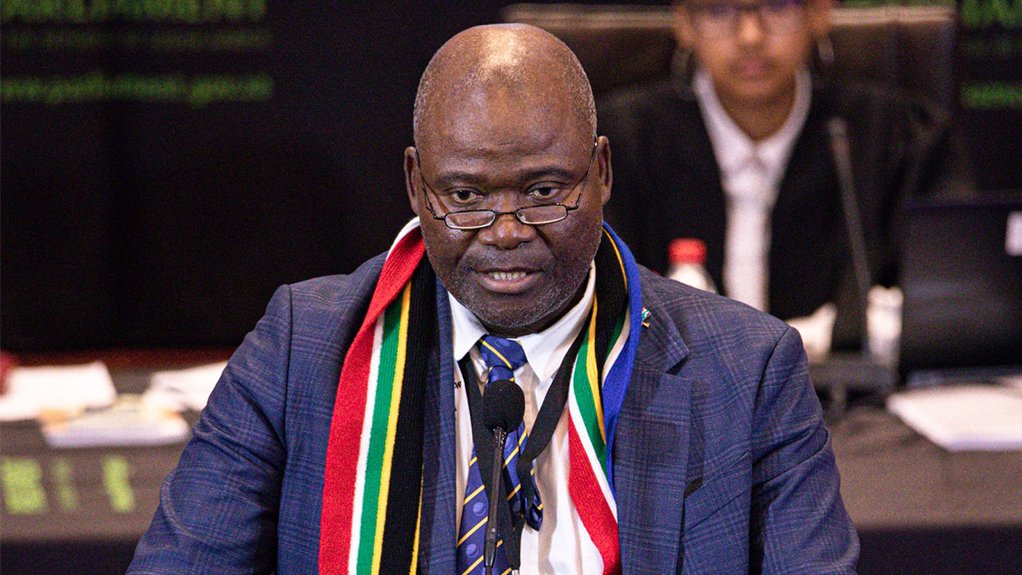As the country braces for the seventh administration’s first State of the Nation Address (SoNA), South African Local Government Association (Salga) president Bheke Stofile extended his best wishes to President Cyril Ramaphosa, while pointing to the need for significant resources and sustainable funding for South Africa’s municipalities.
Ramaphosa will on Thursday evening deliver his SoNA, in which the Presidency said he will outline the task of the Government of National Unity (GNU) in implementing the three strategic priorities of the Medium-Term Development Plan.
That is, driving inclusive growth and job creation; reducing poverty and tackling the high cost of living; and building a capable, ethical and developmental State.
Stofile wants the SoNA to address the challenges facing South Africa’s 257 municipalities and to lay out solutions.
He pointed to municipal financial pressures, particularly regarding electricity costs, which he said needed flexible financial instruments to support municipal revenue generation.
“Additionally, [municipalities] play a crucial role in representing and involving citizens in determining local public needs, driving economic growth, and providing infrastructure. However, these responsibilities require significant resources and sustainable funding,” he said.
Last week, the National Energy Regulator of South Africa (Nersa) announced a 12.7% tariff increase for Eskom for the 2025/26 financial year.
Stofile said while this was significantly lower than what Eskom had requested, municipalities that had not conducted cost-of-supply studies would be unable to implement this increase.
“At the same time, municipal revenue allocation and collection rates remain critically low. Municipalities receive only 10% of nationally raised revenue, and collection rates hover between 25% and 30%, making it increasingly difficult to fund service delivery. The financial pressures on municipalities, particularly regarding electricity costs, are immense, and we need flexible financial instruments to support municipal revenue generation,” he explained.
Stofile noted that municipalities were burdened by high levels of debt from households, businesses, and public sector entities, while also grappling with mounting creditor debts for bulk utility supply.
He called for an urgent review of the allocation of nationally raised revenue to local government.
Meanwhile, he pointed to a recent court ruling that dismissed the leave to appeal application by Nersa compelling it to consider municipal tariff applications based only on cost-of-supply studies.
This ruling prevents Nersa from approving tariff increases without proper cost justification. Consequently, municipalities that have not conducted these studies may be required to roll back tariff increases, Stofile explained.
EMAIL THIS ARTICLE SAVE THIS ARTICLE ARTICLE ENQUIRY
To subscribe email subscriptions@creamermedia.co.za or click here
To advertise email advertising@creamermedia.co.za or click here











